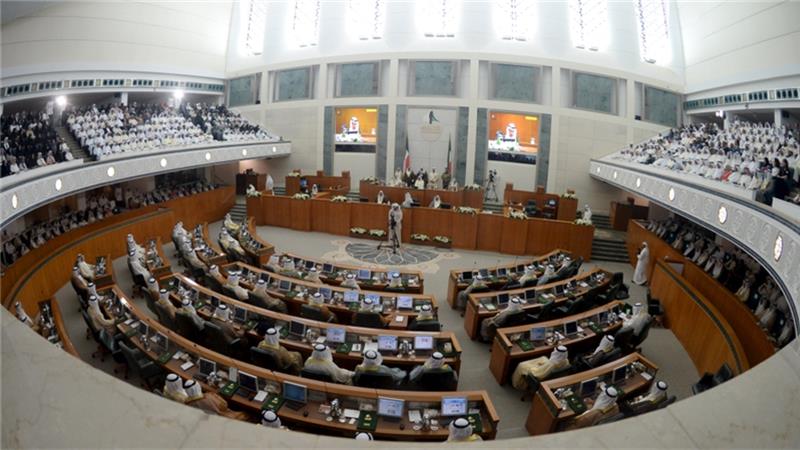Kuwait- Polls opened in Kuwait Saturday for its general election of its 15th parliament, since its 1961 independence. Turnout is expected to reach 65 to 60 percent – which is considered a high compared to the 2013 elections when only 53 percent of eligible voters cast their ballots.
Turnout rate is expected to hike even more as former election boycotters return for their right to vote.
Dr. Mohammad Al-Rumaihi, political and media senior analyst says that the elections are unique in the sense of coalescing all nationals and overcoming popular differences. Al-Rumaihi highlighted that all political parties are partaking this election season, in addition to the massing numbers of millennials willing to vote this year.
More so, Al-Rumaihi labeled the general elections as “uniting.
Ballots registered over 483,186 electors casting their vote. Voting is taking place at 100 polling stations set up in schools, with separate centers for men and women. A swooping 293 candidates, among which are 15 women, will be competing for the 50 seats at the National Assembly.
The National Assembly is the unicameral legislature of Kuwait. Members are chosen through direct election; the country is divided into five electoral districts with ten members representing each district. There are no official political parties in Kuwait, therefore candidates run as independents during elections.
The process starts with the registration of the candidates that stretches from October 19 until October 28. Candidates have to be at least 30 years old and are required to be fluent in written and spoken Arabic, and with no criminal history.
Polling stations opened at 8:00 am and are scheduled to close 12 hours later, with first results expected after midnight as ballot papers in Kuwait are still counted manually.
OPEC member Kuwait sits on about seven percent of global crude reserves and pumps around 3.0 million barrels of oil a day. It has amassed around $600 billion in reserves from when oil prices were high.
